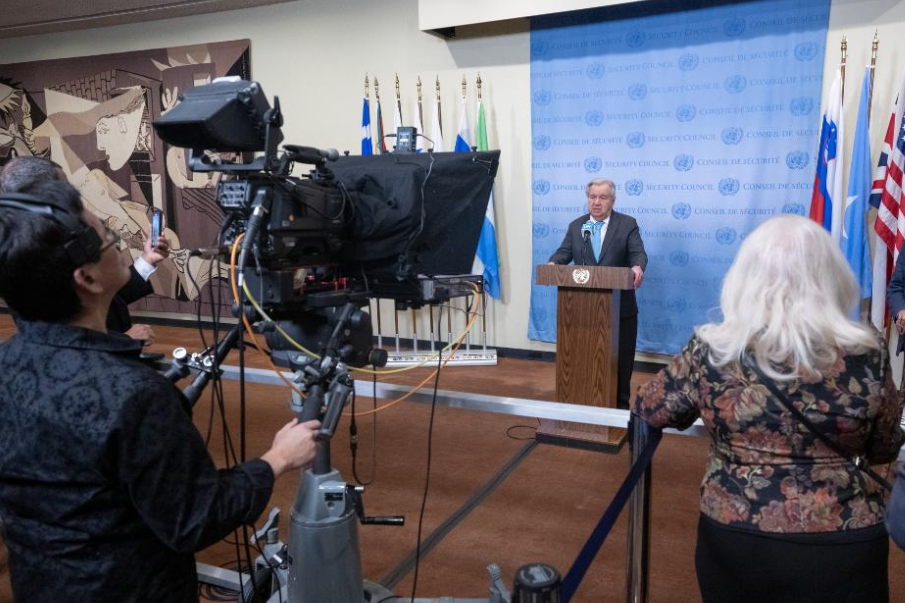China accommodates international experts in COVID-19 research, ministry says


China has overcome difficulties to facilitate two trips undertaken by international experts in the country during the COVID-19 outbreak, setting an example for global cooperation and openness, Yang Tao, director-general of the Ministry of Foreign Affairs' Department of International Organizations and Conferences, said on Friday.
The World Health Organization has dispatched two teams of experts to visit China since the epidemic broke out. The trip last February aimed to expand knowledge on effective disease control measures, and the other one from Jan 14 to Feb 10 strove to enhance understanding of the origins of the virus.
Yang said at a briefing during these visits, China was coping with local outbreaks or infection clusters, and some experts had to be pulled from the frontline to join the mission.
By addressing challenges and making the two visits happen, China played an exemplary role in implementing resolutions adopted by the World Health Assembly, he said.
"It shows that China has always been open and transparent. China's prevention and control efforts are conducted in the sunshine, and there is nothing to hide," he said.
However, following the recent trip, a handful of individuals have jumped to attack WHO experts and conspired to sign a joint statement objecting to an upcoming final report summarizing findings from the trip.
"Such acts serve as politicization of scientific questions and uphold a double standard," Yang said.
"Political manipulation will damage the global battle against the disease and may result in more lost lives, which is immoral."
The briefing in Beijing was attended by diplomats from 50 countries, the Arab League and the African Union.
Yang added China is willing to continue cooperation with the international community and will provide assistance within its capacity.
As the first major economy to declare COVID-19 vaccines a global public good, he said China will not impose export restrictions on vaccines and will help boost vaccine accessibility in developing countries.

































